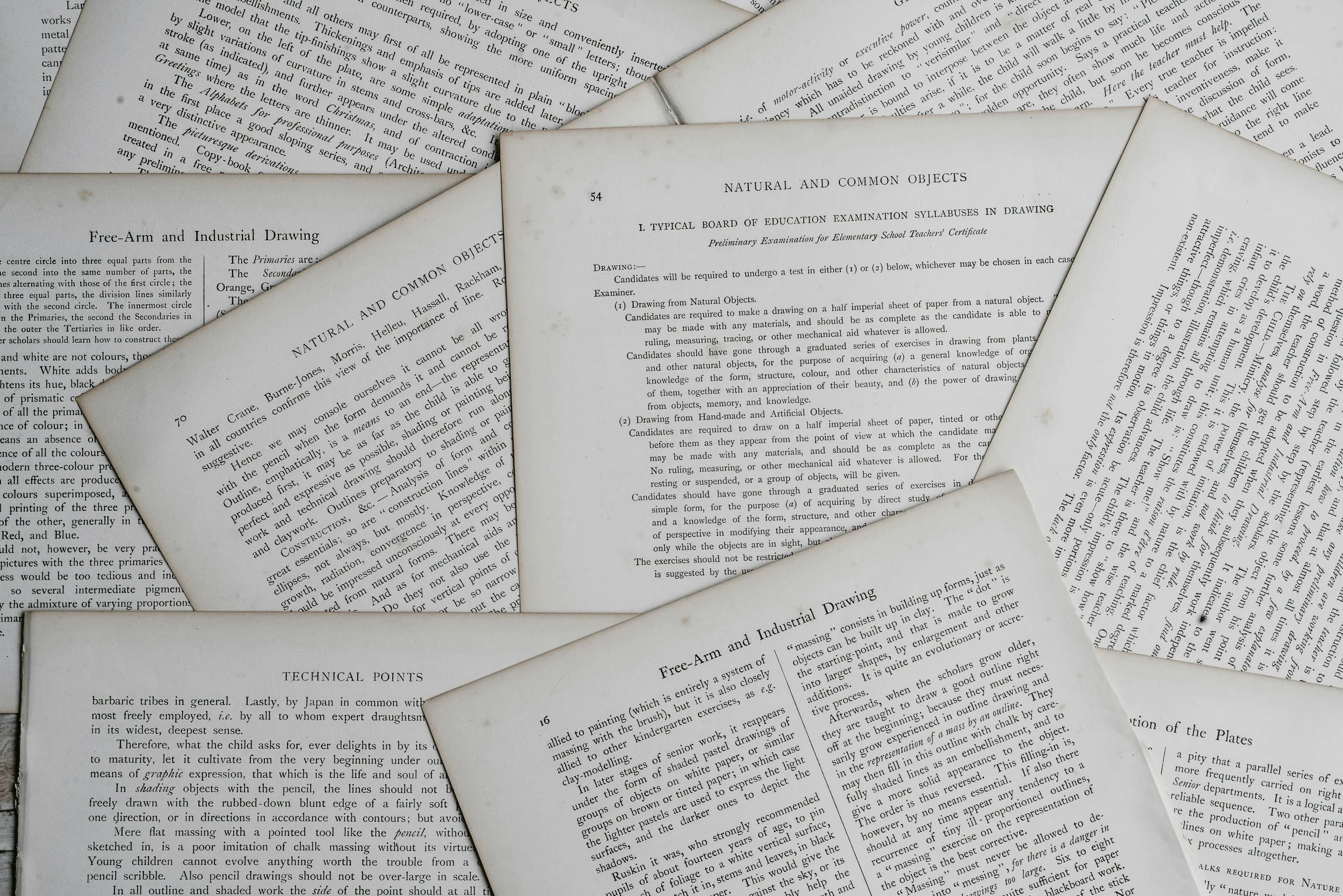Page 40
The significance of Noah’s name. I’ll admit it’s tempting to interpret Noah’s name in an eschatological sense—that he’s potentially the new Adam and that the author intends us to see him as such. Or, at the very least, that the author intends to infuse as much hope as possible into the character.
However, given the context of Noah and his vineyard-tending exploits, I struggle to see something here beyond simply the cry of an overworked father hoping that his son might have a slightly less troublesome life. The great irony, then, is that Noah brings no rest at all for any human—even with the advent of wine. He might be the vehicle for delivery through the flood and the creator of a drink that helps the humans disassociate from the hardships of life, but he is no eschatological hero.
Page 41
The narrative purpose of the flood over against an historical reading. I have no real intentions of getting into the discussion of the historical extent of the flood. To me, the literary force is crystal clear: God undoes his acts of creation in reverse order. The author intends us to see an unmaking of creation. And questions as to the particulars—the extent of the flood, its historicity, or even its ancient literary cognates—exceed the bounds of what the author of the text is trying to do.
Page 43
The sin of Noah’s son (or grandson) and its explanation. There’s little-to-no scholarly consensus on the actual events in the narrative concerning the assault on Noah. The primary and most well-attested view is that Ham sexually assaulted his father. See Allen Ross, “The Curse of Canaan,” Bibliotheca Sacra, 137, no. 547 (July September 1980) for a good overview of the position. The view borrows on the language of “seeing the nakedness” of an individual from Leviticus 18 and makes the assumption that something of a similar sort is going on here in Genesis 9. John Bergsma and Scott Hahn put forward an interesting modification of the view, and claim it was Noah’s wife, not Noah himself, that suffered from the assault. See their paper, “Noah’s Nakedness and the Curse On Canaan,” Journal of Biblical Literature 124, no. 1 (Spring 2005), for a fuller treatment.
I’m personally disinclined to come down hard on any one position given the confusing nature of the narrative, the heavy use of idiomatic language throughout, and that the details seem to matter to the author of Genesis only insofar as they make his point that Canaan was cursed from the beginning.
I’m not saying the narrative is an etiological fiction (“etiological” meaning a story that explains the origin of something), but that the author’s point isn’t to belabor the events in painstaking historical detail. Instead the author wants to show how the narrative informs our understanding of how Canaan fits into the broader context. As a result, I lean toward Canaan as the guilty party (guilty of exactly what, I cannot say), since he alone bears the guilt for whatever was done to Noah.
Page 45
The literary and historical function of the Babel narrative. There’s clearly an etiological element to the events of Babel, explaining how the various languages of the earth came into being. However, I believe its role in the narrative context transcends simply explaining the origins of nations.
Throughout this book and my own scholarship, I aim to strike something of a middle way between pure critical scholarship that would see text such Babel as little more than a neat etiology and more traditional scholarship that would attempt to connect the narrative immediately to Jesus and the restoration of unity at Pentecost. Grounding Babel in is literary context with respect to the overarching narrative of Genesis so far is ultimately what I’m trying to do in this chapter.

